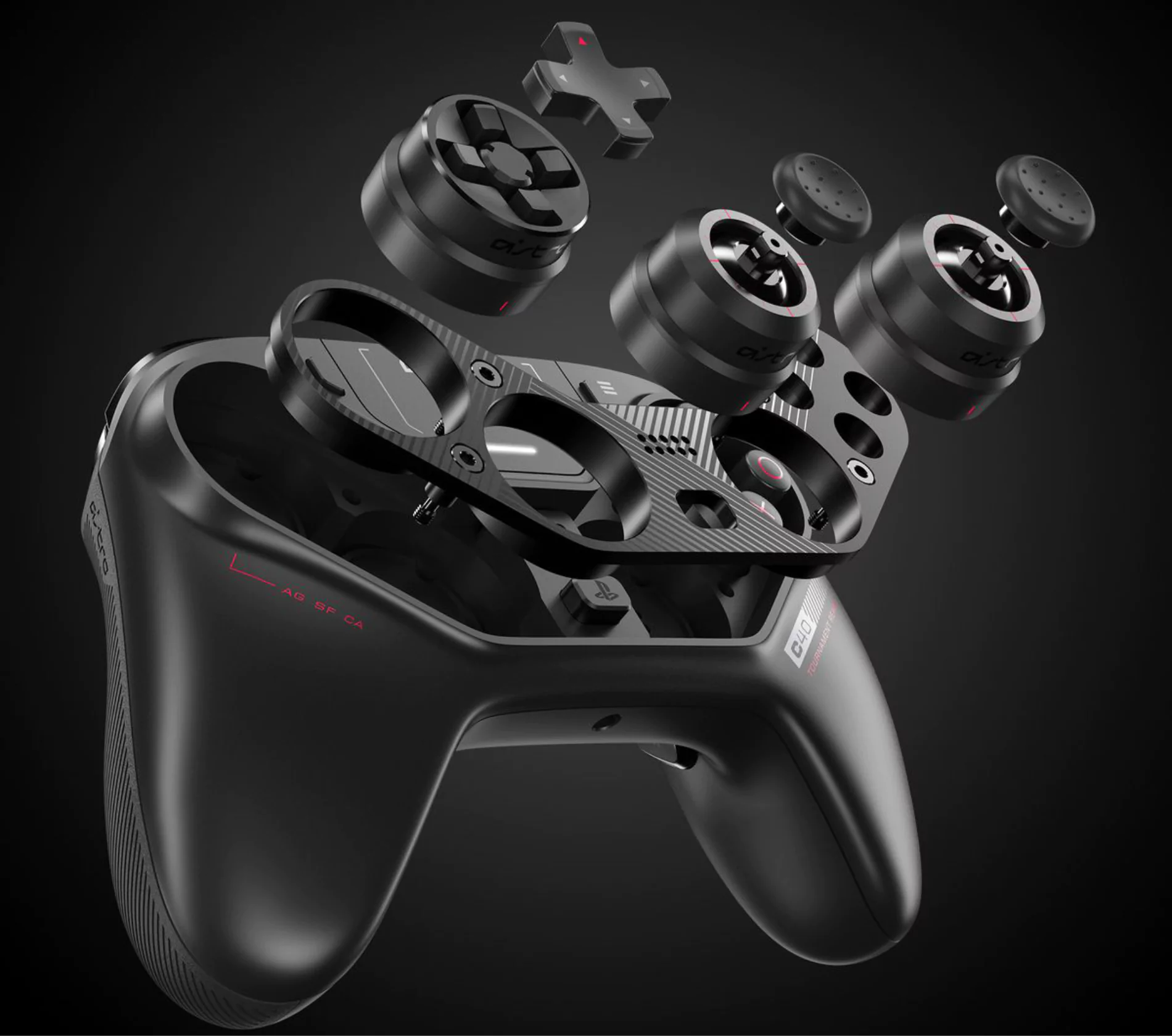Picture yourself browsing through an online store. On one side, you’re met with static product images, while on the other, you’re captivated by realistic, lifelike representations. Undoubtedly, the allure of the latter grabs your attention and ignites curiosity about the product from a consumer standpoint.
Gone are the days of being confined to static imagery. We’re now exploring the convergence of imagination and technology in truly remarkable ways!
Did you realize that the global market for 3D product rendering services is projected to soar to USD 34.57 Billion by 2032? North America alone contributes 36% to the total market value worldwide. Regions such as Australia, the United States, Japan, India, and Europe are among those leading the charge in the 3D Animation market. This underscores the undeniable global demand for 3D product rendering.
3D product rendering is a revolutionary technology capable of giving life to your exceptional products and substantially boosting your sales. These captivating visuals provide customers with realistic experiences, fostering greater trust and dependability in your products compared to those of competitors. Let’s delve into the types of CGI product rendering to create immersive customer experiences that defy imagination!
Different Forms of 3D Product Rendering Employed in Product Marketing
Static 3D Renderings
Static visuals or images are the preferred type of visual content for social media posts, product listings, ecommerce websites, and more. Using these 3D renders, you can display your products with a plain white background or in lifestyle settings.let’s explore various types of 3D Images.
1. Plain White Background Images
White background still images, often referred to as product shots or product photography, are essential visual assets used in various marketing contexts, particularly in ecommerce and online retail. (also read Importance of 3D rendering in e-commerce sites)These images feature products displayed against a plain white backdrop, emphasizing the item itself without distractions. The use of white background still images offers several advantages like Focus on the Product, Versatility, Enhanced Brand Perception etc.
2. Solid colour Background Image
Color background images, as opposed to white background images, feature products displayed against backgrounds of various colors. This style of product photography can add depth, context, and personality to visual marketing materials. Colour images can be aligned with brand colour and brand identity. it also helps in enhancing aesthetics and add contextualization.
3. Product Lifestyle Images (Live Images)
Product lifestyle photography is a style of visual marketing that showcases products within real-life settings or scenarios, often involving people, props, or contextual backgrounds. Unlike traditional product photography with plain backgrounds, lifestyle photography aims to evoke emotions, tell stories, and demonstrate how products can be integrated into everyday life.Lifestyle images are very attractive and can be used for catalogs, website landing pages, product launch, bill boards etc.
4. 3D Cut Section
3D cut sections, also known as cross-sections or sliced views, are a technique used in 3D visualization to showcase the internal structure and details of objects or products. This method involves virtually slicing through a 3D model to reveal its interior features, layers, and components. 3D cut section images gives clear idea of products internal structure to clients, simplifies the complex structures etc.
5.3D Exploded View
3D exploded views visually deconstruct objects by separating components to reveal their arrangement and relationships. This technique clarifies complex assemblies, aiding in understanding design and functionality. Exploded views are widely used in technical illustrations, product manuals, and presentations to communicate assembly instructions effectively. They enhance comprehension by showcasing how parts fit together, making them invaluable for engineering, manufacturing, and educational purposes.
6. 3D Interactive
Interactive views in 3D visualization allow users to dynamically explore and interact with digital models. These views enable real-time manipulation of objects, such as rotating, zooming, or moving components. By providing hands-on control, interactive views enhance engagement and understanding, making complex information more accessible and engaging. This technology is utilized in virtual product showcases, educational tools, and design reviews, offering immersive experiences and fostering interactive learning and exploration.
7.360 degree view
A 360-degree view refers to a complete and all-encompassing visual perspective of an object or environment, typically presented as an interactive digital experience. This technology allows users to virtually rotate an object or navigate through a scene in any direction, providing a comprehensive view from every angle. 360-degree views are commonly used in product presentations, virtual tours, and interactive multimedia content to offer immersive and engaging experiences. This interactive format enhances user engagement and enables detailed examination of objects or environments from all perspectives. Also read about guide for 3D Modelling and 3D Rendering.
Explore the evolution of product rendering in marketing, from static imagery to immersive experiences. Discover how realistic 3D visuals captivate consumers and boost sales, with the global demand for 3D rendering services projected to reach USD 34.57 billion by 2032. Learn about various rendering techniques, including white background images that emphasize products, color backgrounds for depth and context, and lifestyle photography that tells compelling stories. Dive into 3D cut sections and exploded views that clarify complex designs, along with interactive and 360-degree views that engage users and enhance understanding. Embrace these innovative approaches to create impactful customer experiences and elevate your marketing strategies.





